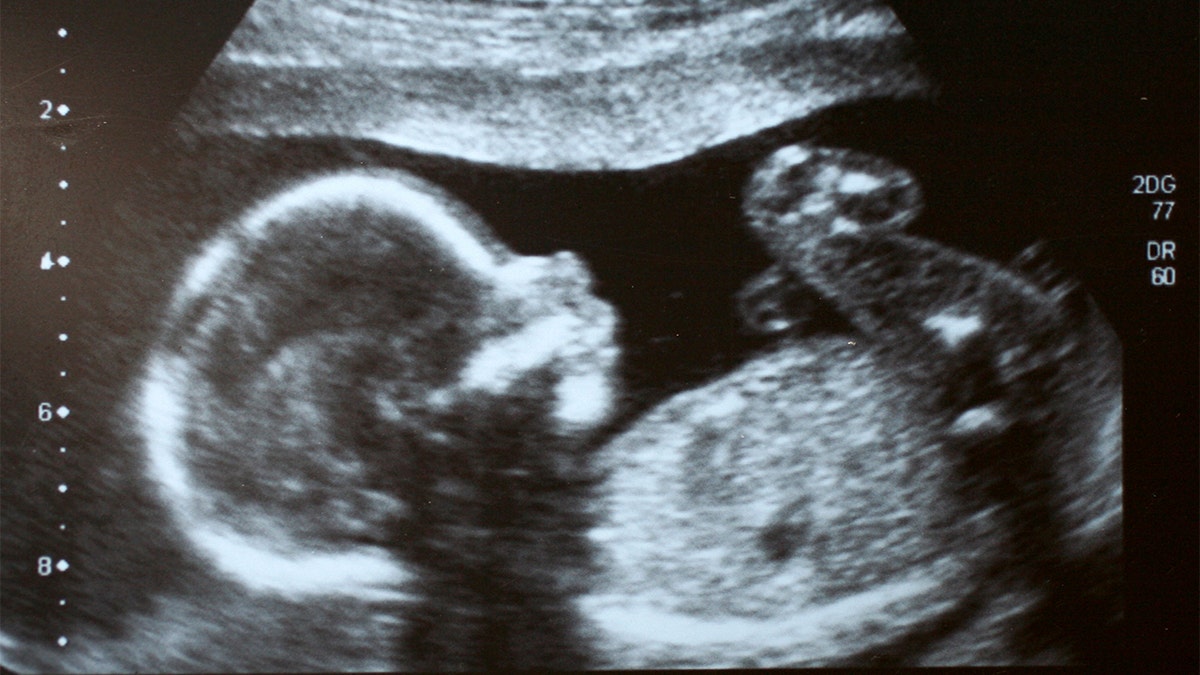Fox News Flash top headlines for January 28
Fox News Flash top headlines are here. Check out what's clicking on Foxnews.com.
South Carolina could soon become the latest state to enact more stringent abortion rules – outlawing most of the procedures in the Palmetto State.
The state Senate voted 30-13 Wednesday to pass the new ban, which is expected to become law.
"Life is the most precious right we have," said state Sen Larry Grooms, who sponsored the bill. "Government’s primary duty is to protect the fundamental right to life. Without life, no other rights really matter."
SENATE PRO-LIFE CAUCUS CHAIRMAN RAILS AGAINST BIDEN ABORTION EXECUTIVE ORDERS
Gov. Henry McMaster has pledged to sign it if it reaches his desk, and the state’s Republican-controlled House has passed similar legislation in previous years.
"We’re closer than we’ve ever been to passing into law the most comprehensive pro-life legislation our state has ever seen," he tweeted Thursday evening. "It’s off to the House of Representatives now, where we have great leaders who I know will fight for life."
If it passes the House, McMaster said he would "immediately sign it into law."

South Carolina Rep. John McCravy, left, and South Carolina Citizens for Life Executive Director Holly Gatling, right, talk after the state Senate approved a bill that would likely ban almost all abortions in the state on Thursday, Jan. 28, 2021, in Columbia, S.C. McCravy has worked to pass similar bills in the House. (AP Photo/Jeffrey Collins)
The South Carolina Fetal Heartbeat Protection from Abortion Act would require a fetal heartbeat check when a woman seeks an abortion in the state. If one is detected, unless there is an emergency exception, the abortion would not be allowed.
Exceptions would include if the pregnancy is the result of rape, incest or if the mother’s life is in danger.
Just one Democrat voted for the ban, state Sen. Kent Williams, and only one Republican voted against it, state Sen. Sandy Senn.
CLICK HERE TO GET THE FOX NEWS APP
According to the bill, 30% of natural pregnancies end in "spontaneous miscarriage," but only 5% of pregnancies end that way after a heartbeat is detected. More than 90% of pregnancies survive the first trimester once a heartbeat is detected.

(iStock)
Still, if the bill becomes law, it would likely face the same legal challenges as similar heartbeat bills in other states, many of which remain unresolved.
"If this gets upheld by the courts, we will have saved thousands of lives in South Carolina every year," Republican state Senate Majority Leader Shane Massey told the Associated Press. "That is a tremendous victory."
The Associated Press contributed to this report.













































